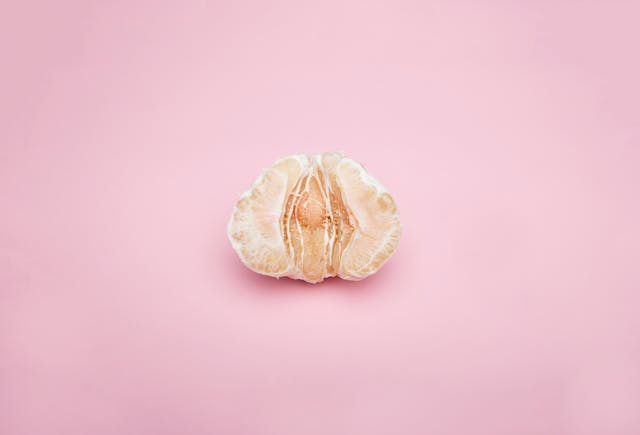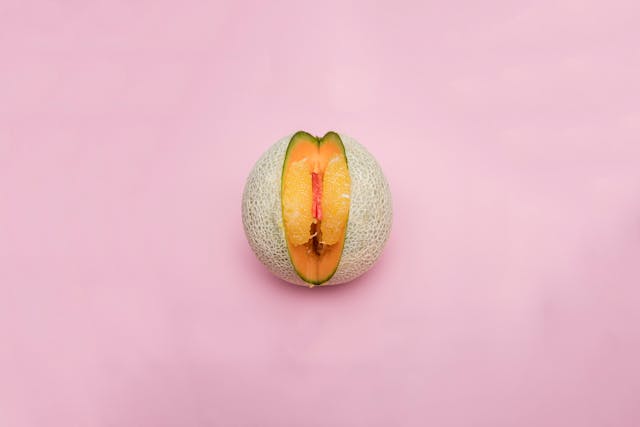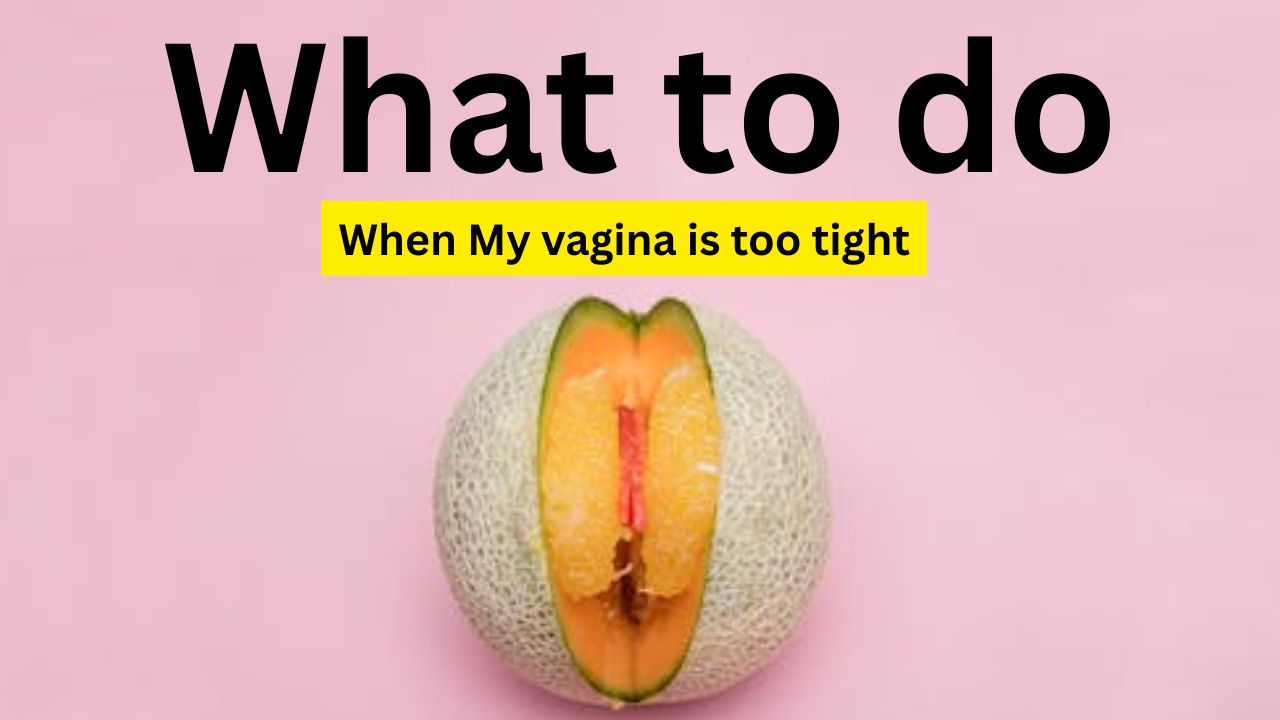Most women are shy and feel uncomfortable talking about their intimate health issues in Bengali society. As a result of this reluctance, vagina-related ailments generally stay unnoticed for years, which impacts sexual wellness as well as life in general. My vagina is too tight, and I am finding it difficult to have sex.
The vagina is inherently stretchy and adaptable as it has to stretch during intercourse and childbirth. However, there are women who experience what they say is having a “small” vagina or they feel pain or cannot get penetrated during sexual intercourse.
Others fear that their vagina has become “tight,” so to speak. Both worries are fairly typical and also rather misconstrued.
So this blog further elaborates vaginal size, reason, myth, treatment, and overall health tips in simple terms so that every reader can understand and every Bengali women can get genuine content on their hands without being shy or scared.
We will explore:
- Reasons for a narrow/pinched vagina
- Vagina too tight: what do you do?
- Causes of vaginal looseness
- Myths about vaginal size
- Vaginal pain and bleeding issues
- Healthy practices for vaginal care
Table of Contents
My vagina is too tight, and I am finding it difficult to have sex.

Small vagina is a common myth and simply means tight vaginal muscles or small vaginal canal. This leads to pain during intercourse or difficulty with penetration. Here are the main reasons:
Genetic and Body Structure
Like height and like all other things about the human body, body proportions also vary. Even petite women or women with smaller builds may have a narrower vaginal canal as part of the natural order of things. It is not a disease —– just human diversity.
Lack of Sexual Activity
If the woman has never even had penetrative sex then the vaginal muscles often remain tight. The vaginal canal dilates, thanks to sex, tampon use, or even some medical procedures.
Vaginismus (Involuntary Muscle Spasm)
Others have vaginismus, an involuntary vaginal muscle contraction stemming from anxiety, fear of sex, or prior trauma. This can make penetration painful or impossible.
Hormonal Changes
Estrogen maintains the softness and flexibility of the vaginal tissues. Dryness and tightness may also be caused by a deficiency — often experienced during the menopause, post childbirth, or due to hormonal imbalance.
Rare Medical Conditions
Some other structural narrowing may be due to congenital conditions (vaginal septum, hypoplastic vaginal tract, or Mayer-Rokitansky-Küster-Hauser syndrome). Such incidents are rare but serious enough to require medical attention.
What to Do When the Vagina Is Tight?
Making the vaginal opening too tight that hardly would make it penetrate properly that will aspects discomfort or difficulty during Intercourse. The good news is that there are a number of efficient tools to help you with this:
Relaxation and Foreplay
During arousal, the vagina naturally expands. Sufficient foreplay releases the tensions in your muscles, making natural lubrication easier so that sex happens naturally.
Lubrication
Sometimes the dry friction can actually be painful. Applying waterbased lubricants makes intercourse much more comfy and also prompts penetration. Do not use oil-based lubricants because they can also lead up to infections.
Vaginal Dilators
Doctors, especially gynecologists, may suggest medical vaginal dilators — smooth tubes of varying widths. They take time to get used to, which assists in stretching and training the vaginal canal.
Pelvic Floor Therapy
Kegel exercises are useful for planning and improving vaginal muscles. Consciously relaxing them during sex to ease tightness and reduce pain
Counseling and Therapy
If vaginismus is psychological (due to fear, past trauma, or anxiety), therapy with a psychologist or sex therapist could be quite effective.
Medical Options
Very few congenital problems will require a surgical procedure to fix any structural problems.
Causes of Loose or Larger Vagina

Conversely, a lot of women fear that their vagina is loose. Here are the main causes:
Childbirth
The vaginal canal opens up quite a lot during vaginal delivery. While it does bounce back, repeated pregnancies can cause it to lose some elasticity.
Aging and Hormonal Decline
But once again, falling estrogen levels after the menopause tend to slacken the muscle tone, which means some looseness and also the skin loses its moisture.
Obesity and Weak Pelvic Floor
Extra pounds place added burden on the pelvic floor, which weakens vaginal tightening muscles.
Myth of Frequent Intercourse
One of the most common myths is that having sex often causes the vagina to be loose. Scientifically, this is false. The vagina stretches and goes back to normal. The cause of looseness during the sexual intercourse is generally a result of childbirth, increased age, or weak muscle, not the sexual activity.
Medicines or Treatments for Vaginal Tightening
There are myriad creams, gels, and herbal products marketed as ways to “tighten” the vagina. Most of these are not scientifically proven products and they can be injurious also.
Instead, safe medical options include:
Kegel Workouts: Natural method to strengthen the pelvic muscles.
If you look in the mirror and think, “I look great, but void of youthfulness, and a huge gaping hole, such as the one I am about to have a pillow put in,” then Laser Vaginal Rejuvenation is a non-surgical treatment offered by a few clinics.
Surgery (Vaginoplasty): Fixes too much vag looseness but should only be done on doctor recommendation.
Hormone replacement: In postmenopausal women, these may help make the vaginal wall more elastic with use of estrogen creams or tablets.
Avoid unverified creams without a gynecologist consultation.
Steps To Take When The Girl’s Vagina Tightens
Patience And Understanding Between Partners Are Key If Intercourse Hurts Due To Tightness:
The male partner should slide in slowly and with care.
Consider alternate positions such as woman-on-top or side-lying.
Lubricants should be used generously.
Over time, the vagina tends to accommodate for penetration.
If the pain persists, consult with a gynecologist.
It is a temporary medical condition called a small vagina. Due to age, activity or hormonal changes, however, vaginal muscles naturally expand in most women.
Key points to remember:
It is not an illness.
Every woman’s body is unique.
Adaptation is a slow process, created from experiences.
joni poth choto korar upay
There are no overnight magic bullets but lifestyle and medical measures can make a difference:
Keeping your weight at a healthy level diet can relieve pressure to your pelvic.
Try some pelvic yoga for your breathing.
Do not smoke and drink alcohol, they reduce estrogen.
If pain or difficulty continues, seek medical attention.
What to Do In Cases of Bleeding After Sex
Post-intercourse bleeding can be worrying. The reasons may range from minor to urgent care required.
Common Causes:
Hymen rupture during first intercourse.
Small tears from vaginal dryness.
Infections such as a yeast or bacterial vaginosis.
Cervical polyps or erosion.
In rare cases, cervical cancer.
What to Do:
It is generally normal if it is mild and occurs only the first time.
See a gynecologist if the bleeding is repeated, too much or painful.
Avoid self-medication.
Causes of Vaginal Pain
Some possible causes of vaginal pain include:
- Urinary tract infections (UTI).
- Yeast infection.
- Sexually transmitted diseases (STDs).
- Vaginal dryness from low estrogen.
- Vaginismus (psychological tightening).
- Pelvic inflammatory disease (PID).
- Shaving or soap irritation.
Persistence of pain warrants medical evaluation.
Ways To Keep Your Vagina Healthy
- Wash with only fresh water – no harsh chemicals or scented soaps.
- wear loose and cotton underwear to avoid moisture gathering.
- Probiotics (like yogurt) maintain good vaginal bacteria balance, so eat a healthy diet.
- Stay hydrated.
- Periodically take away over-the-counter vaginal creams without a doctor’s prescription.
- Go for regular gynecological check-ups.
- Do not hide your concerns but talk about it.
FAQs

Q1. Is a small vagina abnormal?
Nope, Vaginas are all different sizes, just like any human part. Most women adapt with time.
Q2. Q: Does having sex often loosen the vagina?
No. This is a myth. The only things that impact elasticity, is child birth and aging.
Q3. My partner is too big, and I feel pain with his big penis. What should I do? Use lubricants, foreplay, and gentle positions. If you continue to feel pain see your doctor.
Q4. Will creams actually tighten the vagina?
Market creams are mostly useless and harmful. Those are better options for Kegel exercises or medical treatment.
Q5. Things to Know: When to See your Gynecologist
In cases that blood continuously comes out. Experiencing severe pain, during through it, abnormal discharge, or infections.
DISCLAIMER
The content in this article is for educational purposes only. This is not a replacement for medical advice. Non-hormonal medications Have any vaginal bleeding, pain or discomfort, always talk with qualified gynecologist or healthcare provider.
Hello everyone, I am Md Habibullah Sheikh a registered Pharmacist with 6 years of experience in Clinical, Community, and corporate pharmacy. I have worked for HLFPPT, Gauripur Hospital, Reliance Retail Pharma (Netmeds) as well and Now working for Zota Health Care as a Senior Pharmacist. We, In Health Easy Fitness, share trustable health education, tips & awareness to help people find the best health choice. Always talk to a doctor before taking any kind of Health issue Decision.


